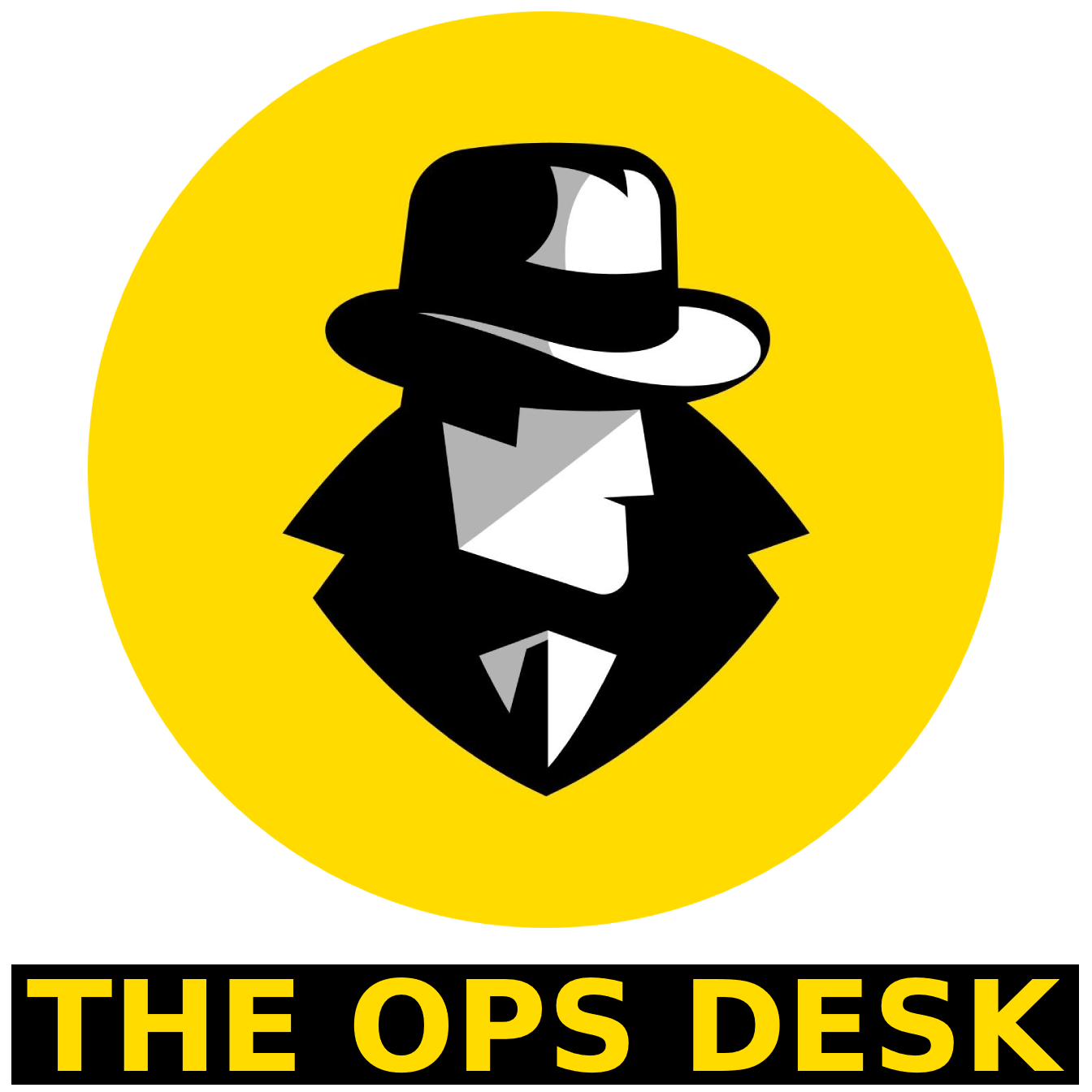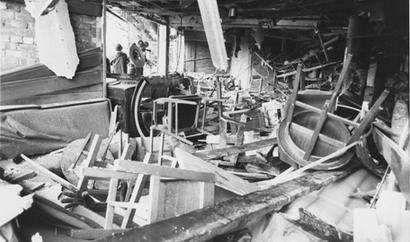On November 21, 1974, bombs went off inside of two pubs in Birmingham, Great Britain, killing 21 people and injuring 182. The blasts were tied to the sectarian “Troubles” in Northern Ireland. The murders were believed to be carried out by members of the Provisional Irish Republican Army, or “Provos” who had recently conducted several terrorist acts in Great Britain itself.
In past bombings, a member of the IRA had made a phone call warning of the impeding blasts and giving people a chance to evacuate. It appeared that due to the vandalizing of a nearby payphone, this call was delayed and there was no time to evacuate the locations.
Within hours of the explosions, 6 Irishmen had been picked up by the police. They had been on a train from Birmingham headed for the coast to travel to Northern Ireland. One of the men had a mass card for a Provo who had recently died while attempting to place a bomb. Police conducted a test to determine if any of the men had handled explosives and got positive results from two of the men. All 6 were arrested and “interviewed”. The interviews consisted of physical and psychological torture, and not surprisingly, confessions were signed. Leadership of the Provisional IRA publicly stated that the 6 arrestees, now known as “The Birmingham 6” were not members of their organization.
The coerced confessions were the main evidence against the men. Search warrants conducted at their homes turned up no additional evidence of bomb making materials. At trial, all 6 plead not guilty and claimed that they were forced to sign false confessions. It did not convince the jury of their innocence. They were all convicted of 21 counts of murder and sentenced to life in prison.
Over the years there were many appeals filed on behalf of the Birmingham 6. Several news outlets did stories on their legal battle. In 1991 one of their appeals was finally met with success. The convictions of the Birmingham Six were overturned based on the police’s fabrication of evidence, the suppression of evidence, and the unreliability of the scientific evidence presented at their 1975 trial. Victim’s families were outraged, but to date there has been no one held responsible for these murders.











